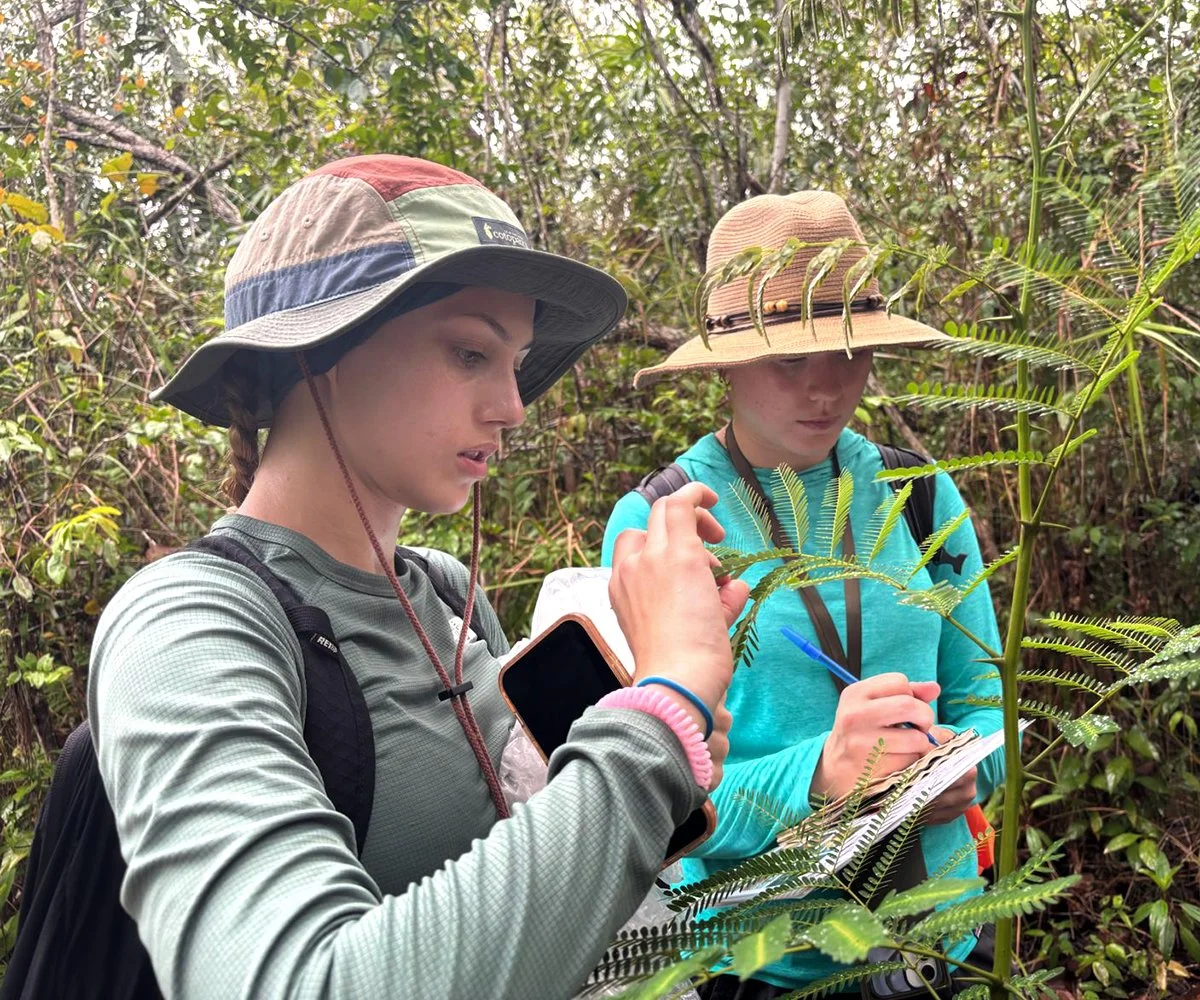Since 1979, Wildlands Studies has provided international environmental field courses for undergraduate students focused on ecology, botany, wildlife research practices, field survey methods, and the relationship of cultures and their surrounding environment. We bring students into direct contact with diverse ecosystems and local communities to address today’s pressing environmental issues. With the outdoors and environment as our classroom, our immersive, field-based programs run every academic term—summer, fall, winter, and spring—in key locations across the globe, offering a hands-on education that’s rooted in ecological understanding and personal engagement. Each program is designed to blend rigorous academics with real-world application, allowing students to earn university credit while learning about important conservation concerns and gaining first hand field experience in global environments.
We are inspired by wildlife and wildlands.
We believe that connecting to the beauty and complexity of the natural world fulfills a basic human need—one tied to both our heart and heritage. Our work is built on the belief that time spent in wild places has a transformative impact, shaping not only how we understand the environment but also how we understand ourselves.










